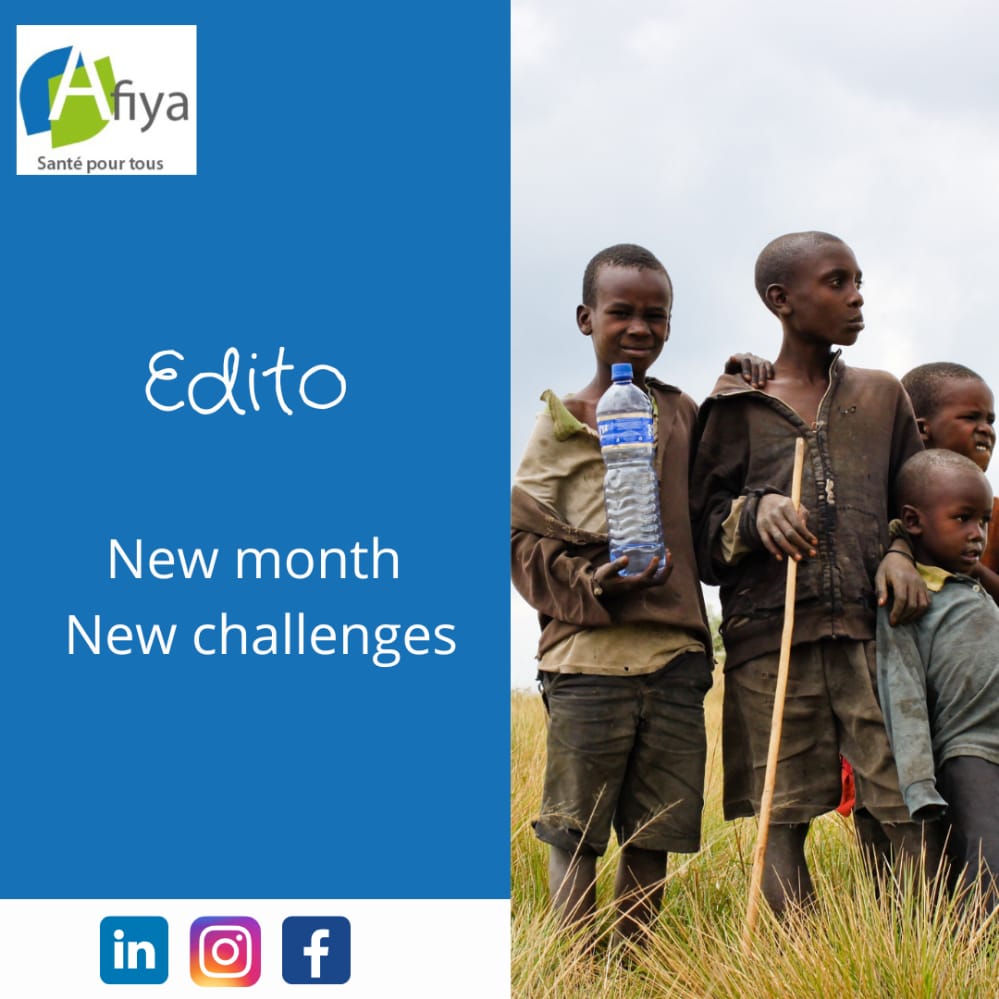New month, new challenges in the health and medical field in our dear continent. The past month has decided to give us a hard time:
The epidemic of the Marburg virus disease in Ghana, a first in the country;
The measles epidemic declared in the Democratic Republic of Congo with more than 2500 cases and 20 deaths recorded in Kasai-Oriental;
In Tanzania, the mysterious epidemic that killed three people in the Lindi region, and which is believed to be leptospirosis, or Mgunda fever, transmitted by rats;
the thorny issue of management, vaccination and early detection of viral hepatitis, as well as the disease burden in Africa of the more deadly B and C strains…
And Liberia, which confirmed on July 23, a case of monkeypox, via its national public health reference laboratory: the first case since 2018 for this West African country.
So many health situations that have put the African health systems to the test. However, not everything is to be discarded. It is appropriate to salute the partnership effort between Burkina Faso and Niger during the fourth mission of cardiac surgery in Burkina Faso during which two (2) eminent cardiovascular surgeons of the General Hospital of Reference of Niamey, Dr. Daouda AMADOU and Dr. Mahamadou Hima ABOUL KADER were invited by their colleague, Dr. Adama SAWADOGO, Head of the Cardiovascular Surgery Department, to participate in the fourth cardiac surgery mission which took place from July 14 to 28, 2022 at the Tengandogo University Hospital.
Also, remarkable progress in terms of systematic vaccination has been recorded in three West African countries (Benin, Côte d’Ivoire and Mali) concerning diphtheria, tetanus and pertussis.
But efforts are still needed. So this new month should be an opportunity for the ministries of health of each African country to question themselves and ask the right questions. One of them is how to make the right to health of each population real and satisfactory.
Dr Samira KILANYOSSI







OTHER ARTICLES
Editorial: AFCON – When Football Becomes a Major Public Health Lever in Africa
New Year, New Horizons for Health in Africa
UNAIDS releases its 2025 World AIDS Day report: Overcoming disruption, transforming the AIDS response